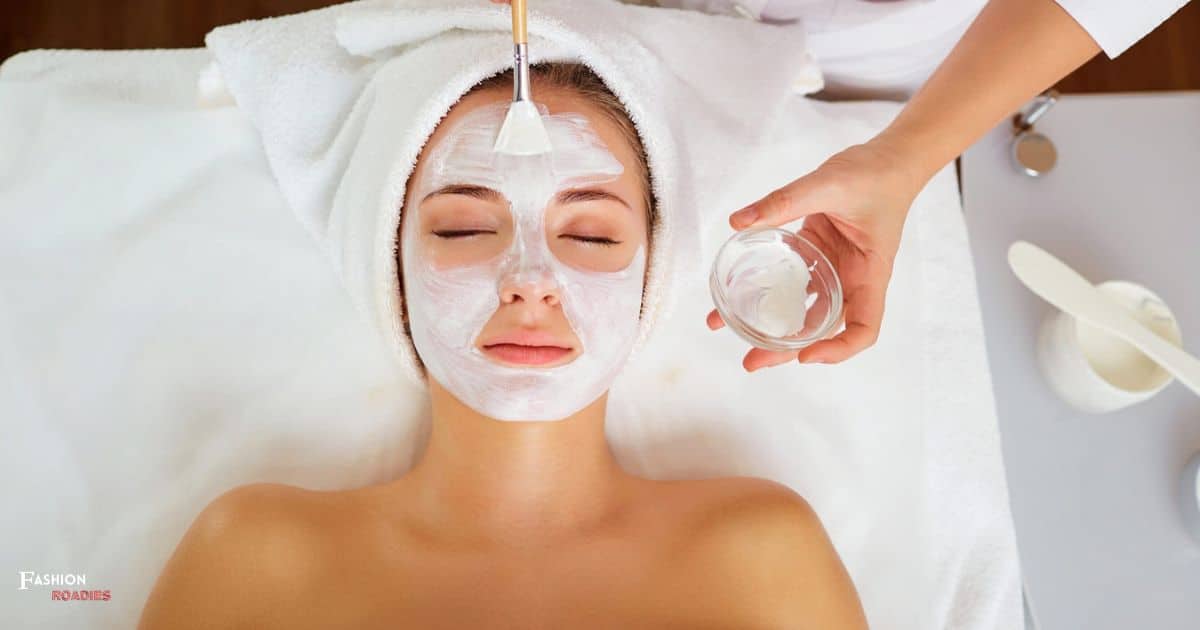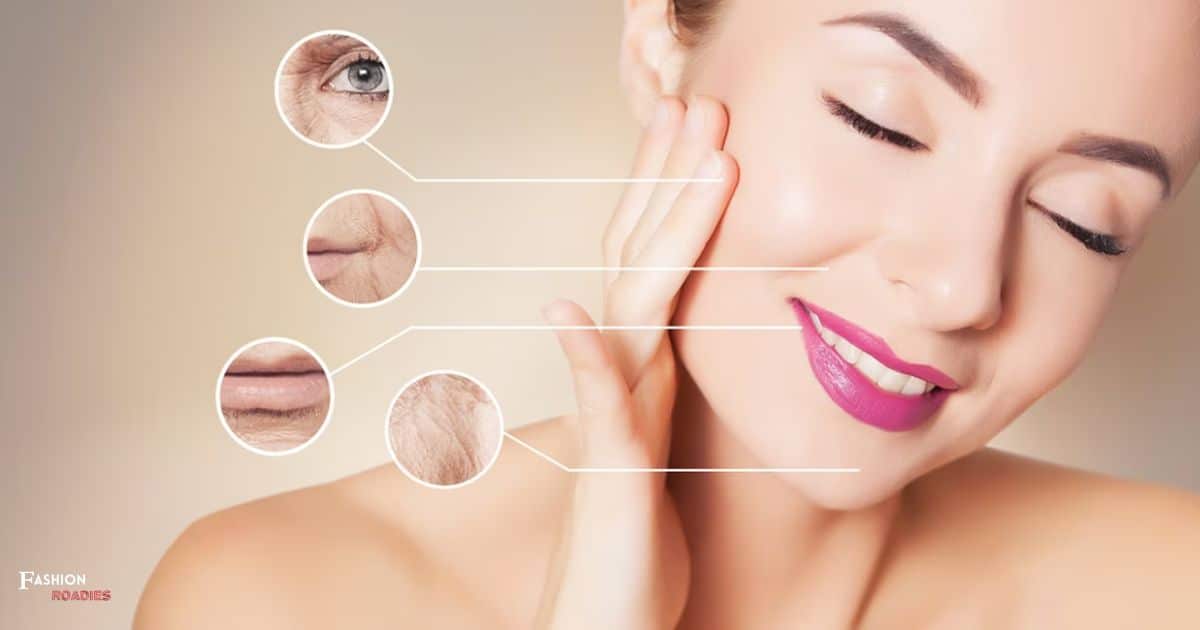Having healthy, glowing skin is a goal that many individuals strive for. To achieve this, it is essential to prioritize full body skin care. Dermatologists play a crucial role in guiding individuals towards achieving optimal skin health. This article will provide valuable tips and advice from dermatologists on how to care for your skin from head to toe.
From the importance of cleansing and exfoliation to the necessity of moisturization and sunscreen, these tips will help you develop a comprehensive skin care routine. Additionally, specific tips for treating different skin types and essential steps for men’s skin care will be covered. By following these tips and seeking a dermatologist’s help when needed, you can achieve healthy, radiant skin that makes you feel confident and belongs to a community of individuals who prioritize self-care.
Key Takeaways
- Incorporate full body skin care tips into your routine for overall skin health.
- Regularly visit a dermatologist for a comprehensive skin examination.
- Regular exercise stimulates blood flow and increases circulation in the skin.
- Stay hydrated to keep your skin moisturized and nourished.
Importance of Cleansing
Cleansing is an essential step in effective full body skin care, as it removes impurities and helps maintain healthy skin. To achieve a thorough cleanse, it is important to wash your body with care, using a gentle cleanser that suits your skin type. Additionally, clean your makeup brushes regularly to prevent the buildup of bacteria and dirt.
After cleansing, moisturize both day and night to keep your skin hydrated and supple. Remember, it is crucial to avoid touching your face throughout the day to prevent the transfer of dirt and bacteria. Exfoliating a couple of times per week can help remove dead skin cells and promote a brighter complexion. Don’t forget to wear sunscreen every single day, no matter what, as it protects your skin from harmful UV rays.
Simplify your skincare routine by focusing on the essentials and incorporating products that contain natural ingredients. Lastly, get your greens and hydrate inside and out, as a healthy diet and proper hydration can improve the overall health of your skin. Remember, vitamins should go on your skin too, so consider incorporating products that contain beneficial vitamins for your skin’s health.
Benefits of Exfoliation
How can exfoliation benefit your skin in a full body skin care routine? Exfoliation is a crucial step in any skincare routine, as it helps to remove dead skin cells and reveal a fresh, radiant complexion. When it comes to a full body skincare routine, exfoliation offers several benefits. First, it allows for better absorption of skincare products.
By removing the layer of dead skin cells, you create a clean canvas for your products to penetrate deeper into the skin. Second, targeted exfoliators can help address specific skincare concerns, such as acne or hyperpigmentation. Third, exfoliation can help remove makeup residue, preventing clogged pores and breakouts. Moreover, exfoliating can soothe inflammation and promote a more even skin tone. It is important to gently exfoliate to avoid irritation and redness.
Remember to wash your body with care and invest in a great moisturizer to lock in hydration after exfoliation. Getting regular facials can enhance the effects of exfoliation and provide professional-grade treatments for your skin. Finally, to further promote skin health, try taking chamomile and rosemary baths, as these herbs have soothing and antioxidant properties. By incorporating exfoliation into your full body skincare routine, you can achieve smoother, healthier, and more radiant skin.
Necessity of Moisturization
To ensure optimal skin health, moisturization is an essential step in a full body skincare routine. Whether you have dry skin, oily skin, or combination skin, keeping your skin hydrated is crucial. Moisturizing not only helps to lock in moisture, but it also helps to improve the skin’s ability to retain water, resulting in a smoother and more supple complexion.
When it comes to moisturization, it’s important to consider your whole body, not just your face. Take care of your lips by using a lip balm that contains hydrating ingredients like shea butter or coconut oil. Additionally, remember that skin care tips and tricks from the pros can vary depending on your skin type. Dry skin may benefit from heavier, cream-based moisturizers, while oily skin may benefit from lightweight, oil-free formulas.
Moisturization is especially important for those with skin of color, as it can help to maintain an even skin tone and prevent dryness or ashiness. Men, too, should incorporate moisturization into their skincare routine to keep their skin healthy and hydrated.
In the next section, we will discuss the role of sunscreen in a full body skincare routine.
The Role of Sunscreen
Sunscreen plays a crucial role in protecting the skin from harmful UV rays and preventing sun damage. Here are three important reasons why sunscreen should be an essential part of your skincare routine:
- Sunscreen helps to prevent skin cancer: UV radiation from the sun is a major risk factor for developing skin cancer. Regularly wearing sunscreen with a sun protection factor (SPF) of 30 or higher can significantly reduce this risk.
- Sunscreen slows down skin aging: The sun’s rays can cause premature aging of the skin, leading to wrinkles, fine lines, and age spots. By wearing sunscreen daily, you can protect your skin from these damaging effects and maintain a youthful appearance.
- Sunscreen protects against sunburn: Sunburn can not only be painful but also increase the risk of skin damage and skin cancer. Applying sunscreen before heading outdoors can help prevent sunburn and keep your skin healthy.
Remember to choose a broad-spectrum sunscreen that protects against both UVA and UVB rays and apply it generously to all exposed areas of your body.
Tips for Treating Specific Skin Types
Effective treatment of specific skin types requires customized care and tailored solutions. When it comes to normal skin, maintaining a consistent skincare routine is key. This includes regular cleansing, moisturizing, and exfoliating to keep the skin healthy and balanced. For sensitive skin, it’s important to choose gentle, fragrance-free products and avoid harsh ingredients that can cause irritation. Middle-aged and older adults should focus on maintaining hydration and elasticity by using anti-aging products that contain ingredients like retinol and hyaluronic acid.
Don’t forget to take care of your lips by applying a moisturizing lip balm regularly. In terms of body skincare, don’t forget to apply sunscreen to protect your skin from harmful UV rays. Maximize the benefits of sheet masks by ensuring a proper fit and leaving them on for the recommended time. Aim for a restful night’s sleep as it promotes healthy skin. Implementing more greens in your diet can also contribute to a clearer complexion. Lastly, treat your neck as an extension of your face by applying skincare products and protecting it from sun exposure. Transitioning into the next section about essential steps for men’s skincare, it’s important to remember that men also have specific skincare needs that require tailored solutions.
Essential Steps for Men’s Skin Care
Men’s skin care requires specific steps to ensure optimal health and appearance. Taking care of your skin is not just a concern for women, but it is equally important for men. Here are three essential steps that every man should follow for effective skin care:
- Start with a full-body exam: Regularly visit a dermatologist for a comprehensive skin examination to detect any potential issues early on. This will help prevent the development of serious skin conditions.
- Stimulate blood flow and lymphatic drainage: Incorporate techniques such as facial massages and lymphatic drainage massages into your skincare routine. These techniques can help increase circulation, promoting healthy skin and reducing puffiness.
- Use the right products: Invest in a non-foaming cleanser to gently cleanse your skin without stripping away its natural oils. Follow up with a vitamin serum and peptides to nourish and repair the skin. Consider micro-needling and spot treatments for specific skin concerns.
Full Body Skin Care Tips
Continuing with a focus on comprehensive skincare, it is crucial to incorporate full body skin care tips into your routine to ensure overall skin health. Start by getting a full-body exam from a dermatologist to address any concerns and identify potential issues. To stimulate blood flow and increase the circulation in your skin, engage in regular exercise and maintain a balanced diet. Eating well and staying hydrated are essential for healthy skin.
Consider trying a lymphatic drainage massage to promote detoxification and reduce swelling. Utilize a vitamin serum to nourish and protect your skin from environmental damage. Look into peptides, as they can help improve skin texture and reduce signs of aging. Micro-needling can also be beneficial for overall skin rejuvenation. Use a non-foaming cleanser to avoid stripping the skin of its natural oils. Lastly, find the right spot treatments to address any specific concerns you may have, such as acne or hyperpigmentation. Incorporating these full body skin care tips into your routine will help you achieve and maintain healthy, radiant skin.
When to Seek Dermatologist’s Help
If you are experiencing persistent or concerning skin issues, it is important to consult a dermatologist for professional guidance and treatment. Dermatologists are medical experts specializing in the diagnosis and treatment of various skin conditions. Here are some instances when you should contact a dermatologist:
- Get a full-body exam: Regular skin exams can help detect early signs of skin cancer or other skin conditions that may require medical attention.
- Utilize your vitamin serum: A dermatologist can recommend the right vitamin serum for your specific skin concerns, helping to improve its overall health and appearance.
- Look into peptides: Peptides are an essential component of skincare, and a dermatologist can provide guidance on incorporating them into your routine to target specific skin concerns.
FAQ’s
Can I Use the Same Cleanser for My Face and Body?
Using the same cleanser for your face and body is generally not recommended. The skin on your face is more delicate and requires specific ingredients for optimal care. It’s best to use a gentle cleanser formulated specifically for your facial skin.
How Often Should I Exfoliate My Skin?
Exfoliating the skin helps remove dead cells, unclog pores, and promote cell turnover. The frequency of exfoliation depends on skin type; sensitive skin should be exfoliated less often, while oily skin can tolerate more frequent exfoliation.
Can I Skip Moisturizing if I Have Oily Skin?
Moisturizing is essential for all skin types, including oily skin. While oily skin produces more sebum, it still needs hydration to maintain a healthy balance. Look for lightweight, oil-free moisturizers to prevent clogged pores.
What Is the Difference Between Physical and Chemical Sunscreens?
Physical sunscreens contain mineral ingredients like zinc oxide or titanium dioxide that sit on top of the skin and physically block the sun’s rays. Chemical sunscreens, on the other hand, contain organic compounds that absorb and convert UV rays into heat.
Are There Any Specific Skincare Tips for Pregnant Women?
Pregnant women should prioritize skincare by using gentle, fragrance-free products, avoiding harsh chemicals, staying hydrated, protecting from the sun, and moisturizing regularly. Consulting with a dermatologist is recommended for personalized advice and any concerns.
Conclusion
In conclusion, taking care of your full body skin is essential for maintaining its health and vitality. By following the tips provided by dermatologists, such as proper cleansing, exfoliation, moisturization, and sun protection, you can ensure that your skin stays hydrated, protected, and radiant. Remember to tailor your skincare routine to your specific skin type and seek a dermatologist’s help if you encounter any persistent skin issues. With these tips, you can achieve and maintain healthy, glowing skin from head to toe.










